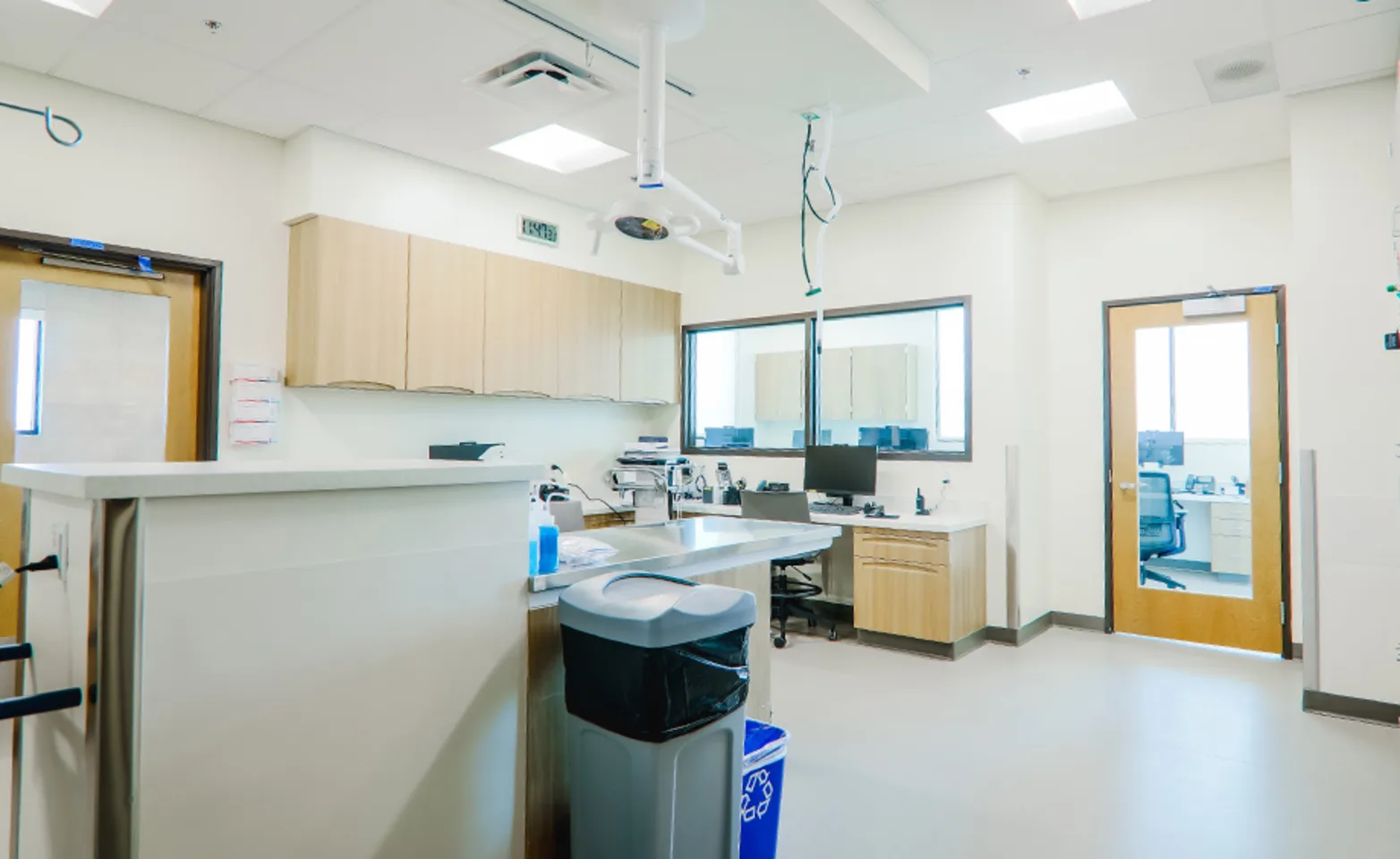ARISE Veterinary Center - Queen Creek

At ARISE Veterinary Center, our Internal Medicine team specializes in the diagnosis and treatment of complex and challenging diseases in dogs and cats. This veterinary specialty focuses on a wide range of conditions involving the gastrointestinal, endocrine, renal, respiratory, hematologic, and immune systems, as well as infectious diseases and other internal disorders.
Whether your pet has unexplained symptoms, a chronic illness, or a newly diagnosed condition, our internal medicine specialists are here to help. Using advanced diagnostics and a collaborative approach, we work to identify the root cause of illness and create a comprehensive, individualized treatment plan.
Diseases We Treat
Internal medicine focuses on diseases that affect the internal systems of the body.
While not an exhaustive list, below are some of the conditions our experienced veterinarians frequently treat:
Hormonal Diseases and Disorders: We provide expert care for metabolic and endocrine disorders, including diabetes mellitus, Cushing’s syndrome, and other difficult-to-manage hormonal imbalances.
Infectious Diseases: Our team is experienced in identifying and treating a range of infectious conditions, including Valley Fever (a common fungal disease in Arizona), Ehrlichia (a tick-borne bacterial infection), and Aspergillosis (a fungal infection affecting the nasal passages).
Gastrointestinal (Stomach and Intestinal) Disease: Using advanced diagnostic tools, we treat a variety of gastrointestinal issues such as inflammatory bowel disease (IBD) and protein-losing enteropathy (PLE).
Kidney and Liver Disease: Our specialists use advanced diagnostics for early detection and management of both renal and hepatic conditions, improving outcomes and quality of life for your pet.
Immune Disorders: We diagnose and treat immune-mediated diseases, such as immune-mediated hemolytic anemia and immune-mediated thrombocytopenia, where the body’s immune system attacks its own cells.
Pancreatic Disease: We manage both pancreatitis and exocrine pancreatic insufficiency (EPI) with a tailored, evidence-based approach.
Respiratory Disease: From nasal disorders to lower airway diseases, we diagnose and treat conditions involving the nose, throat, airways, and lungs.
Board-Certified Veterinary Internists
A board-certified veterinary internist is similar to the human medical counterpart.
They have completed an internship and residency in their specialized field of internal medicine (an additional 3-5 years training) after they completed undergraduate training and four years of veterinary school.
They also must pass rigorous examinations to achieve board certification from the American College of Veterinary Internal Medicine (ACVIM), where they become “Diplomates” in their specialty area.

